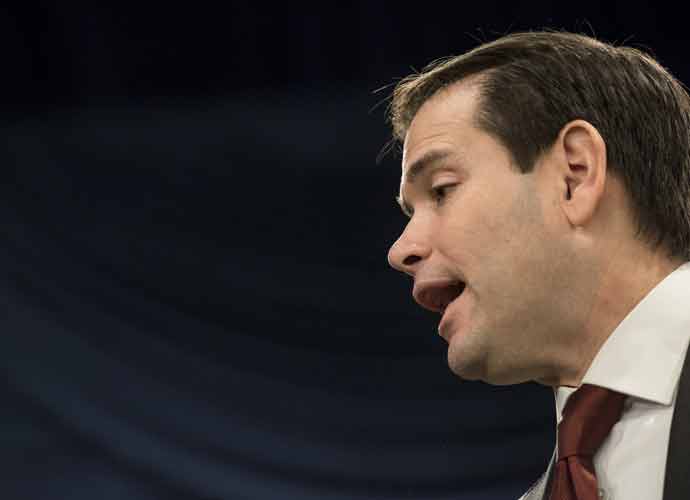Rubio Bill To Make Daylight Saving Time Permanent Wins Bipartisan Support
Every fall, Americans set their clocks back by one hour at the official end of Daylight Saving Time, which adds an extra hour of daylight during the spring and summer months. But a fierce debate is brewing inside political circles over whether the practice should continue.
Advocates for keeping DST say that later sunsets are boons for business and help reduce crime. Those opposed argue that earlier sundown maintains human beings’ natural circadian rhythms. In other words, longer nights mean better sleep.
Remarkably, there is bipartisan support in Congress for a bill put forth by U.S. Sen. Marco Rubio (R-Florida) that would make Daylight Saving Time permanent, meaning that the next time clocks “spring forward,” there will be no “falling back.”
Rubio’s Sunshine Protection Act of 2021, which was added as an amendment to Congress’s yearly defense spending bill and so named because it would keep that coveted extra hour of sunlight in place, has 17 cosponsors – six Democrats and 11 Republicans – all of whom agree that the semiannual resetting of clocks is arcane and unnecessary.
Subscribe to our free weekly newsletter!
A week of political news in your in-box.
We find the news you need to know, so you don't have to.
More surprising still is that even in today’s hyperpolarized political environment, few arguments against Rubio’s proposal have emerged, although the issue is not considered to be an urgent one.
“We need to stop doing it. There’s no justification for it,” Rubio said in a statement in early November. “The overwhelming majority of members of Congress approve that and support it. Let’s get it done, let’s get it passed, so that we never have to do this stupid change again.”
There have also been similar proposals in at least 19 states to make Daylight Saving Time permanent. Hawaii and Arizona are the only two states whose clocks do not shift twice per year.
Get the most-revealing celebrity conversations with the uInterview podcast!








Leave a comment